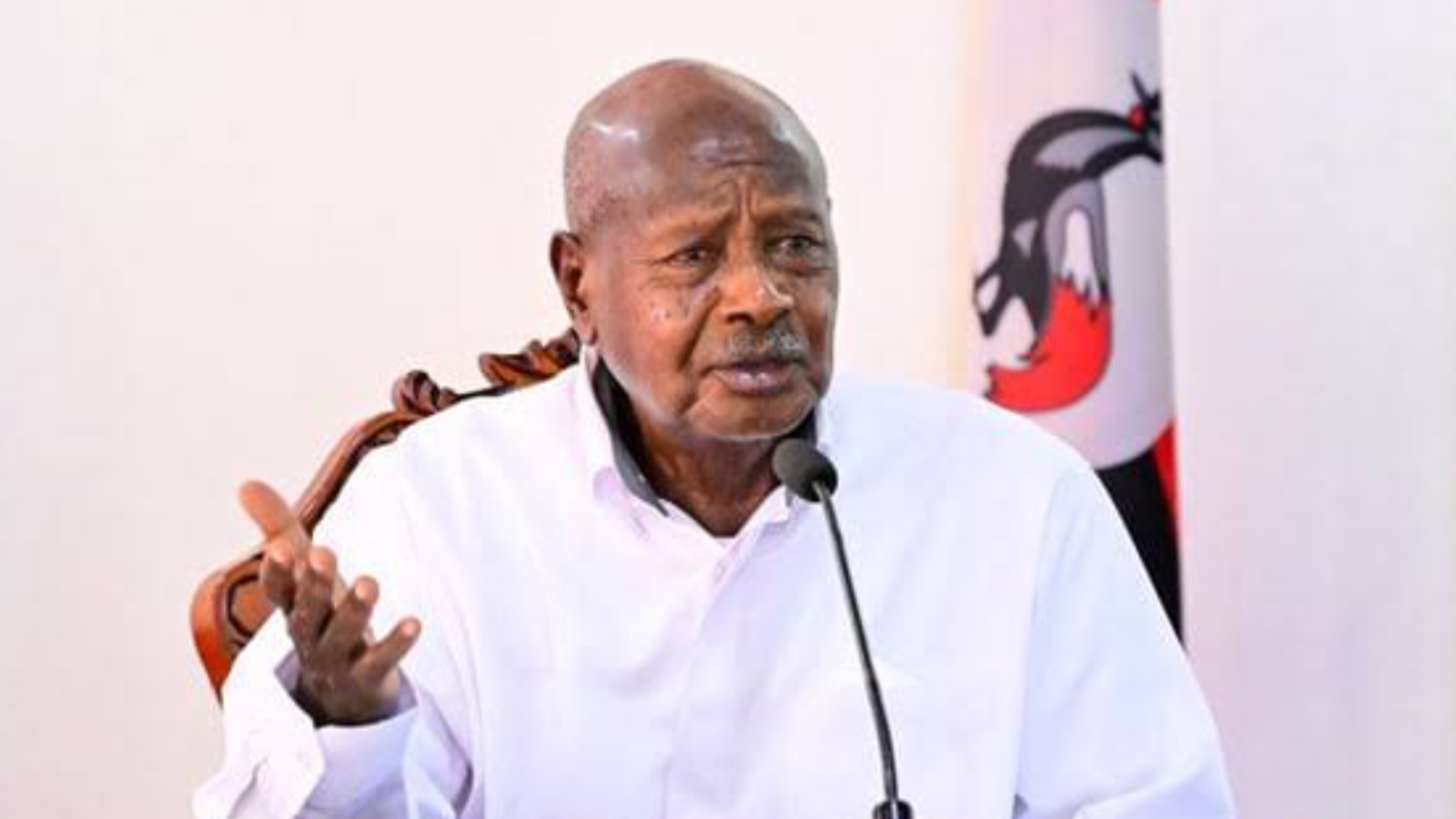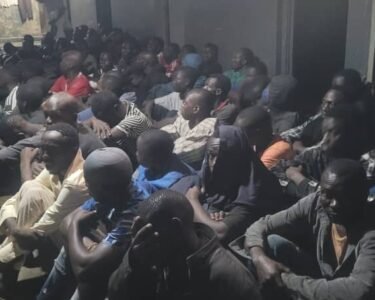President Yoweri Kaguta Museveni has blamed Western powers, particularly the U.S. Central Intelligence Agency (CIA) for sowing the seeds of long-standing instability in the Middle East, calling their 1953 overthrow of Iran’s democratically elected Prime Minister Mohammad Mosaddegh a “historical blunder” that triggered decades of resentment and radicalism.
Latest
Why Balimwezo Is Taking on Lukwago
Maj Gen Damulira Celebrates Promotion, Marks 30 Years in Service
Family Speaks Out Quashes False Claims Surrounding Dr. Kiggundu’s Death
Over 15,000 Balaalo Herdsmen Appeal Against Eviction, Warn of Crisis
Former EC Spokesperson Taremwa Seeks NRM Flag for Nyabushozi
Echodu Secures NRM Soroti West Ticket After Rival Steps Down for Party Unity
Police Warn Against Rising Attacks on Officers, Mob Justice in Eastern Uganda
UPDF Troops in Somalia Urged to Prioritise Health for Mission Success
Traffic Police Launch Road Safety Drive at Bwaise Bus Terminal
In a strongly worded statement issued in his capacity as President of Uganda and Chairman of the Non-Aligned Movement (NAM), Museveni broke his silence on the ongoing conflict between Israel and Iran, laying out what he described as a series of mistakes made by key players ranging from Iranian hardliners to Israeli leadership and Western interventionists.
“It is the CIA that overthrew Mosaddegh because they wanted to steal Iran’s oil,” Museveni said. “It is them that created that huge resentment that produced these clerics who have their mistaken positions.”
He described both Islamic and Christian fundamentalism as dangers to humanity, recalling how extremist ideologies have destabilized regions including Sudan, and referencing the Christian Inquisition as another example of the perils of religious extremism.
Turning to the current Israeli-Palestinian conflict, Museveni criticized Iran’s refusal to recognize Israel, arguing that Jews have a legitimate historical claim to the region, grounded in Biblical history and reinforced by their long exile and suffering.
“It was correct that the United Nations decided to partition Palestine among the two peoples,” he said. “It has been wrong for some of the Arabs and Iranian Islamists to refuse to recognize that historical solution.”
But Museveni also faulted Israel for rejecting the two-state solution and for denying the Palestinians’ right to the land.
“You cannot say that the Palestinians do not belong there,” he warned, likening that argument to the expulsion of Asians from Uganda under Idi Amin a position Uganda firmly rejected.
Museveni used historical examples to argue against foreign military interventions, stating that the use of external force in internal conflicts only leads to more suffering and long-term failure.
“Force should be for legitimate defense and not for aggression,” he emphasized. “All past examples of interventionism from the Crusades to Austria-Hungary’s failed suppression of revolutionary movements ended in disaster.”
Concluding his statement on a spiritual note, Museveni urged global actors to humble themselves and seek divine guidance.
“Perhaps it’s time we all agree to pray together and consult the Creator who cares for all of us without preference,” he said. “Only He has the power, the right, and the justice to decide what is the way forward.”
Museveni’s remarks come amid mounting pressure on global leaders to weigh in on the escalating violence in the Middle East.





